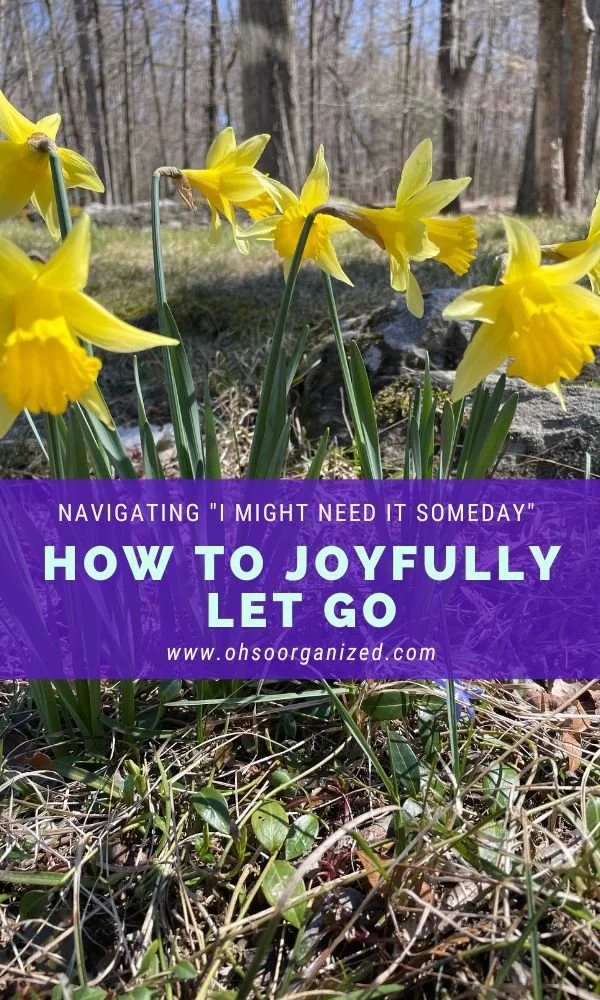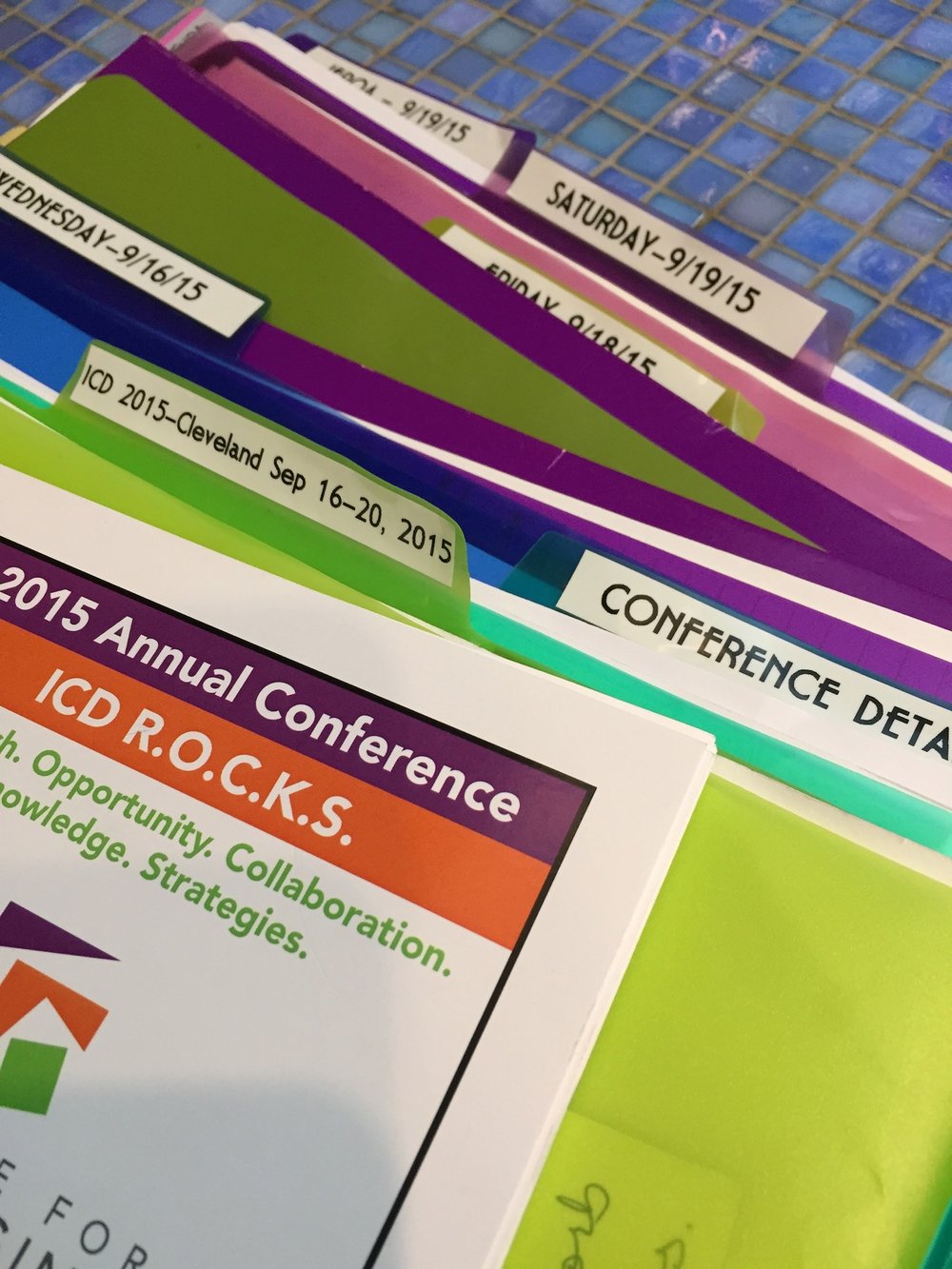Do you find it challenging to let go of things? If so, you’re not alone. One of the phrases I frequently hear from my clients during the decision-making process is, “I might need it someday.” Have you heard or said that?
Recently, one of my clients shared a passage from the CliftonStrengths assessment she took, which described her top strength, Input. She said the narrative deeply resonated with her. Since I thought this would interest you, I asked her permission to share it.
Input – CliftonStrengths 34
“You are inquisitive. You collect things. You might collect information-words, facts, books, and quotations- or tangible objects such as butterflies, baseball cards, porcelain dolls, or sepia photographs. Whatever you collect, you collect it because it interests you. And yours is the kind of mind that finds so many things interesting. The world is exciting precisely because of its infinite variety and complexity. If you read a great deal, it is not necessarily to refine your theories but, rather, to add more information to your archives. If you like to travel, it is because each new location offers novel artifacts and facts. These can be acquired and then stored away. Why are they worth storing? At the time of storing it is often hard to say exactly when or why you might need them, but who knows when they might become useful? With all those possible uses in mind, you really don’t feel comfortable throwing anything away. So you keep acquiring and compiling and filing stuff away. It’s interesting. It keeps your mind fresh. And perhaps one day some of it will prove valuable.”
The idea, “I might need it someday,” can be answered with more questions. Tease out the value of that “thing” you are holding onto. I don’t advocate letting go for the sake of that alone. Releasing comes from a place of readiness and purpose. What might have been of value to you in the past may no longer feel as useful or essential.
“Releasing comes from a place of readiness and purpose.”
What is your goal? Is it to live with less, reduce clutter, or downsize a lifetime of belongings? Is it to release the weight of the past to make space for how you want your life to be now? Holding onto things for “someday” may feel less relevant for certain things. There are no hard and fast rules here. It’s more of an opportunity to examine and use your curiosity to ask great questions. Your decision will become clear.
Click here for 21 letting go questions. Which one speaks to you? What helps you let go? I’d love to hear your thoughts. I invite you to join the conversation.










